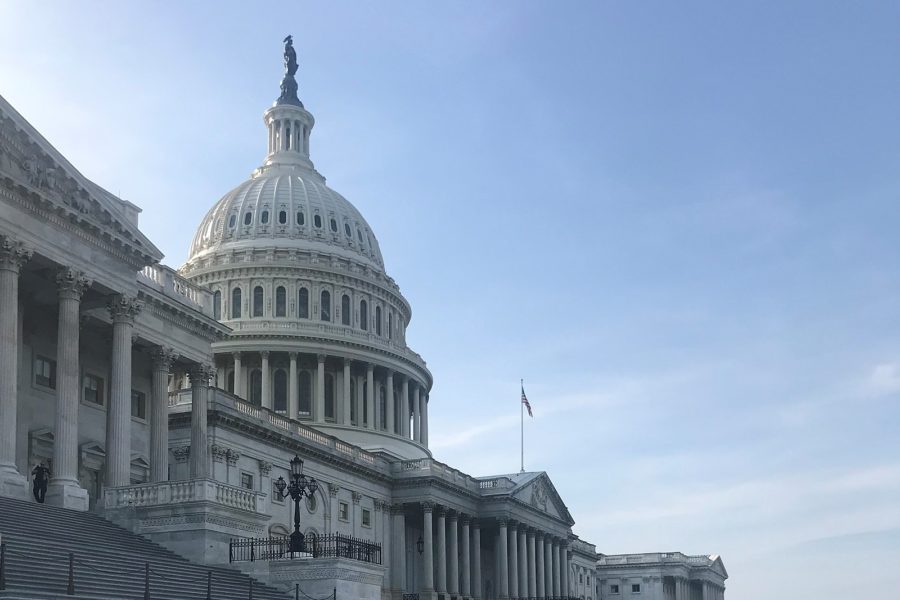Congress officially averted a government shutdown Dec. 23, passing a $1.7 trillion omnibus spending package including $858 billion for defense, 10 percent more than Congress approved for 2022. The Senate passed the measure 68-29 on Dec. 22 and the House voted 225-201, sending the bill to President Joe Biden.
The government had been operating on continuing resolutions since Oct. 1, freezing spending at fiscal 2022 levels. Pentagon leaders frequently lament that CRs delay new program starts, reduce their buying power, and add uncertainty that undermines military readiness and modernization. Air Force Secretary Frank Kendall told lawmakers in a recent letter that 61 new programs and 28 military construction projects would be held up by a CR.
Now President must sign the measure for it to become law. On Dec. 23, Biden officially signed the 2023 National Defense Authorization Act, which cleared Congress on Dec. 15. Following speculation that Biden might veto the bill over its repeal of the Pentagon’s COVID-19 vaccine mandate, the White House confirmed the president will sign that measure.
The NDAA is the Pentagon’s annual policy bill, and generally sets upper spending limits for particular programs and accounts. Sometimes, however, the appropriations bill exceeds those amounts as the later, and therefore superseding legislation. That’s what happened this year, as the spending bill added $150 million on top of the $4.09 billion the NDAA authorized for Air Force F-35A procurement. The result means USAF may buy as many as 11 fighters more than were requested in the president’s budget submission.
More immediately, though, the appropriations bill includes an extra $2 billion for the Air Force’s classified program budget and an extra $600 million for the service’s HH-60W Combat Rescue Helicopter program—USAF had planned to cut the helicopter from a fleet of 113 aircraft to 75, which the service said stems from changes in the way combat rescue will have to be accomplished in the future.
The bill also includes funding for a 4.6 percent pay raise for service members, the Pentagon’s largest in 20 years.
Appropriators appeared to bar any modification to how the Pentagon structures or presents funds for the National Intelligence Program, which seems to preserve a generations-old practice of funneling “pass-through” spending through the Department of the Air Force budget en route to national intelligence agencies. Pass-through funds are never touched by the Air Force however, and inflate apparent spending levels to make the department’s budget appear larger than it is.
The Air & Space Forces Association and other critics have said that distorts the common understanding of how DOD funds are divided, and some lawmakers pushed to end the practice. The appropriations bill does not shut the door entirely, however, allowing that the Secretary of Defense and the Director of National Intelligence can still “study and develop detailed proposals for alternative financial management processes.”
Any study would need to take into account counterintelligence risks and be certified by affected intelligence agencies that any changes would “help achieve auditability, improve fiscal reporting, and will not adversely affect counterintelligence,” according to the bill.



